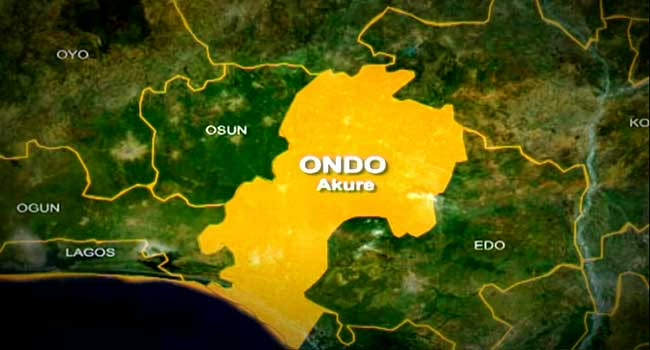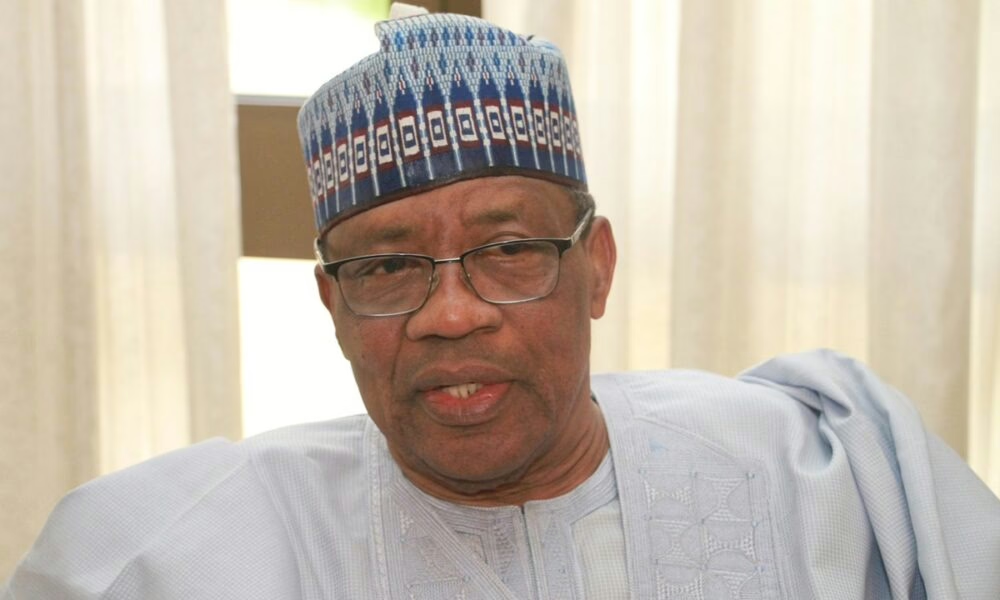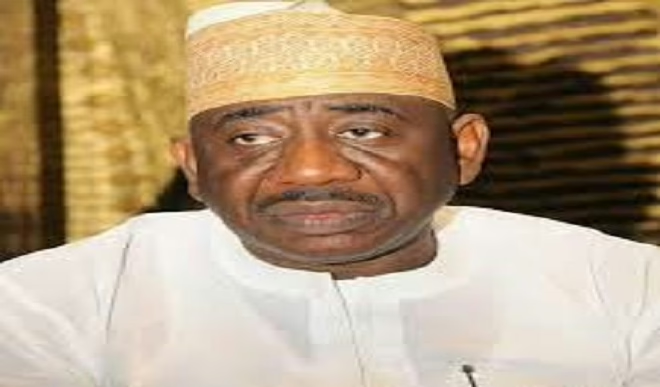There is a video of the story of the execution of a brilliant army officer, Major Daniel Bamidele, circulating right now. My wife drew my attention to it two days ago and I told her that I was familiar with the story. Many news magazines had written about it in the 1980s when the tragic incident took place. The 1980s was the decade when the genre of news magazine flourished in Nigeria. The magazines carried reports and stories which were well researched, deep and detailed. It was the era of investigative journalism. The stories provided us history on the go. There was also the literary angle to the stories that were beautifully written by journalists that honed their writing skills beyond the ordinary. The stories were informative, educative and entertaining. We carry fond memories of Newswatch, African Concord, The African Guardian, This Week, and by the 1990s, TELL, The News, Tempo, and others joined the tradition. Newswatch founded by the quartet of Dele Giwa, Ray Ekpu, Yakubu Mohammed and Dan Agbese clearly led the pack until after the death after Giwa. The tradition suffered some dull moments until TELL and later The News burst forth provocatively in the 1990s.
The two decades of the 1980s and 1990s were tremulous for Nigeria and we are yet to exit the damning consequences of the political cataclysm that assailed the nation in those gory years. The Nigerian experience of those decades was tragically authored in blood. Major Daniel Bamidele, the subject of the video in circulation, was one of the many unfortunate victims of the gnarled era. As narrated in the video, the same narrative offered by Newswatch in 1986, the time of Bamidele’s execution, the young officer heard about a coup in late 1983 and patriotically reported to his boss. Instead of a pat on the back, Bamidele was arrested for coup-plotting and detained in Lagos. Eventually a coup took place on the last day of the year and Bamidele was surprised that his boss to whom he reported the coup was the new head of the state. Bamidele was released from detention and went back to his duty post. Two years later, 1985, he heard of another coup in the making and he kept quiet remembering what happened in 1983. When the lid was blown off the coup attempt, he was arrested for failing to report. He was tried along other coup plotters, found guilty, tied to the stake and executed by firing squad for failing to report the coup not that he was one of the plotters!
General Buhari and General Babangida Salaries and compensation for Nigerian workers can now be paid in US Dollars, you acquire premium domains for as low as $1500 and PROFIT $22,000 ( ₦34 million) Click here.
The sad story of Bamidele should be taken beyond its individual context to reflect the tragedy of military rule in Nigeria as that which not only took lives, but traumatized relatives and left a deep and un-erasable scar on our national psyche. The coups and counter-coups that plagued Nigeria from the 1960s to the 1990s destroyed the foundation of this nation. The military became its worst enemy as espirit de corps was destroyed and in the words of Lt. General Ibrahim Salihu, who escaped the hangman’s noose at the time of Major Bamidele’s ordeal and later became Chief of Army Staff, the Nigerian army became “an army of anything goes”. Those calling for coup during the recent ENDBADGOVERNANCE protest, especially in the north, need to revisit our history to get acquainted with the complex ills of military rule. There is a consensus that it ought not to have been an option in the first place. Many of those who participated in the protest are young people who were born after 1999. Others were toddlers who were not old enough to understand what happened in the wake of the June 12 crisis that engulfed the nation from 1993 to 1998.
Advertisement
What culminated in Bamidele’s tragedy and on a wider scale Nigeria’s ruin, dates back to 15th January 1966 when young military officers of the rank of major and below overthrew the administration of Sir Abubakar Tafawa Balewa. The administration which piloted Nigeria at independence was accused of corruption and other ills. The magnitude of the ills has been lucidly recounted in the satire A Man of the People by Chinua Achebe. Within six hours of action, the soldiers had murdered many leading political and military officers mostly of northern origin. Among the soldiers killed was a senior officer who had his marriage party on the night of the coup, a party where the coup plotters ate and drank and danced. Another senior officer was murdered alongside his pregnant wife! It was a bloody night. What followed was a more blood cuddling tragedy in the form of a revenge coup on 29th July 1966. The dogs of war were let loose on the nation and blood flowed. When the killing ceased temporarily, the head of state, Major General JTU Aguiyi-Ironsi, had been killed. The same fate befell many officers and soldiers of eastern Nigerian origin. The Nigerian civil war that took an irreparable toll on the Nigerian psyche and from which we are unable to recover was the direct consequence of the two coups.
The war devastated Nigeria for thirty months and its cost in human and material terms remains incalculable! The ugly side of the July 1966 coup was that it bequeathed to Nigeria a generation of coup merchants whose motivation wasn’t nationalism, but governance as mercantilism. The soldiers who executed the coup of July 1966 enacted a bloodless one again in the month of July in 1975, the exact day of the ninth anniversary of their earlier coup. Seven months later, a disgruntled faction turned blazing rifles on the new head of state and snuffed life out of him on his way to the office one Friday morning. The perpetrators were arrested, tried and executed in a most bloody manner. Later revelations indicated that some of those executed were innocent officers framed by those envious of their prospects and who saw them as obstacles to their future involvement in coups and political leadership. Widows and orphans emerged from the executions which traumatized the nation and the world. One of the widows, an Irish, got her four sons into a car, deliberately drove at a prohibitive speed and rammed into a stationary truck.
The destabilizing character of military coups was again at play in 1983, the one that Bamidele reported. The only major casualty of that coup was one of the plotters, Brigadier Ibrahim Bako. The coup begot another coup that was plotted by a faction of the same officers in August 1985. It was given the elegant name of a “palace coup” and it was bloodless. If Nigerians thought they had seen the last of bloody coups, they were shocked into numbness between December 1985 and March 1986, when some military officers including the best friend of the then military president to whom he served as best man at his wedding sixteen years earlier were arrested, tried and executed for coup-plotting. It was here that Bamidele met his untimely death. Like the executions of 1976, opinions were expressed that there was no enough evidence to warrant the execution of Major General Vatsa for involvement in the coup. In April 1990 another coup bloodier in execution and consequence that the December 1985 coup took place. We felt the tremors of the coup across Urhoboland because the leading plotters were not only Urhobo officers, but old boys of Government College, Ughelli in the heartland of Urhobo. Besides the summary execution of the young officers implicated in the coup, their contemporaries made up of about one hundred sixty military officers perished in a plane crash on their way to a course in Jaji in September 1992. That tragedy was interpreted as a preemptive action. My father in law who was a captain in the army at the time was repeatedly interrogated in the middle of the night by the military police until convinced of his innocence he was let go, but compulsory retirement awaited him. We celebrate his survival or who else would have handed my wife to me during our marriage exactly twenty-one years ago when I married her? Major General Iliya Bisalla wasn’t that lucky in 1976. He was implicated on the day he was to be set free. He had to face the firing squad. He didn’t live to give his daughter, Salamatu, to Femi Gbajabiamila!
The tensed political atmosphere of the 1990s threw up coups and countercoups. In 1995 and 1997 and even before then, many brilliant, but ambitious officers lost their lives for getting implicated in real and phantom coups. Coups have done Nigeria no good. Coups destroy and kill. Those who delegitimized history should see the grave danger such an act posed for our country. A generation with a sense of history will not be calling for a military coup when we have endured uninterrupted civil rule in the last twenty-five years. Obafemi Awolowo had been quoted to have said that the worst kind of democracy is better than the best form of military rule. Let Nigerians continue to engage the process of nation building by exercising civic responsibilities by voting during elections and by civil disobedience when necessary. May Nigeria not go through the dangerous valley of military rule again!











